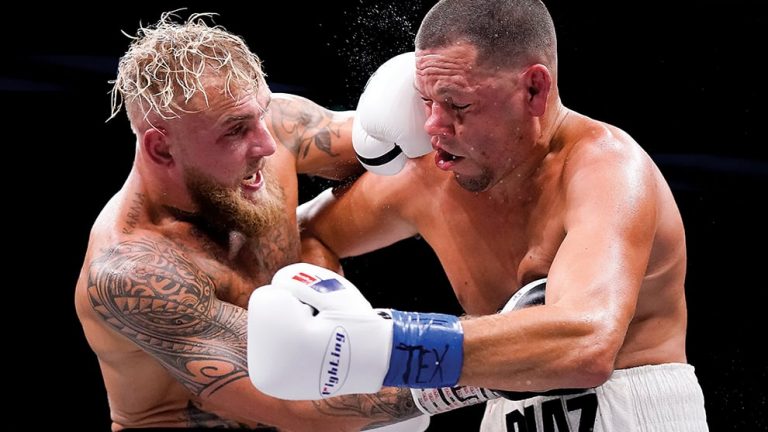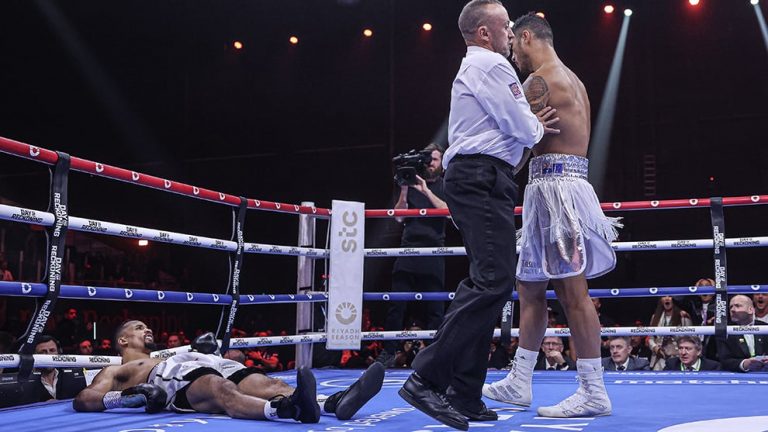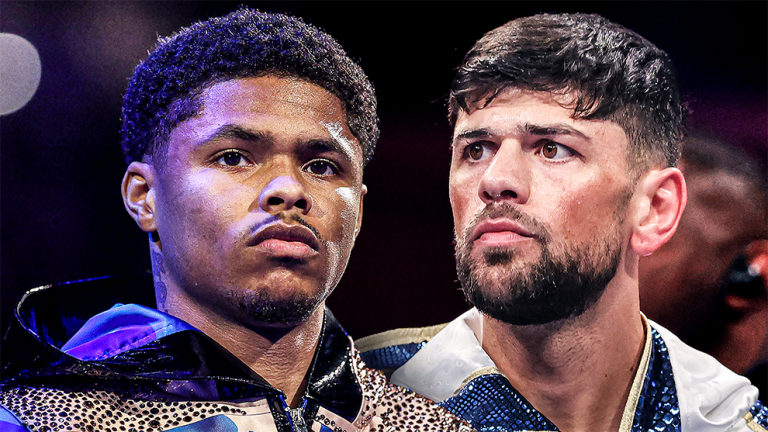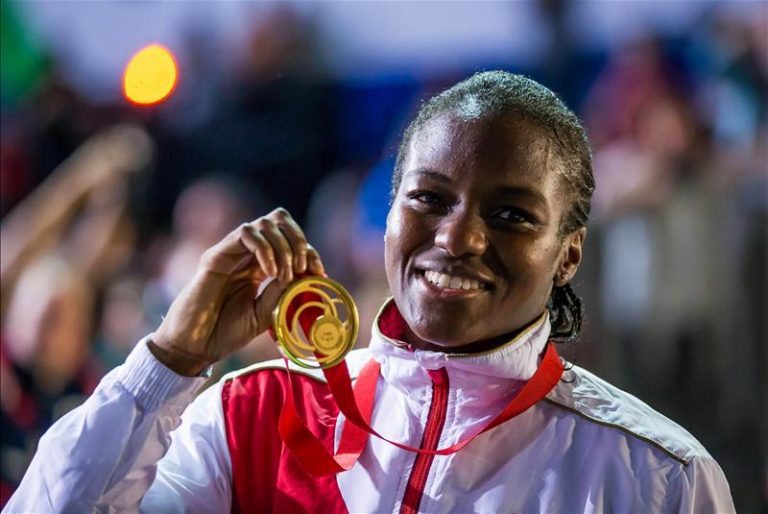Bunce Diary: The road to the Paris Olympics is a difficult one
IT’S A long road to the Olympic boxing ring.
So far, just five men and women from the British squad have qualified for the Olympics in Paris. There remain eight spaces to be filled and more than eight dreamers inside the GB team. Some have already left the GB headquarters in Sheffield and left that long, long dream behind.
The Olympic qualifiers in Poland and Italy were brutal and now, it’s the final one, the hardest one, in Bangkok at the end of May. A team will be announced shortly and for some there will be heartbreak.
At the last qualifier in Italy, British boxers won three times and still fell short; nobody should ever underestimate what a boxer must go through just to reach the Olympics. For a start, the boxer will have been at dozens of tournaments inside the Olympic cycle to get the experience required for an Olympic run; they will then have the gruelling prospect of having to win four or five times in a seven-day period to get that Olympic vest. There is always a risk of burnout from so many years and fights on the elite circuit, sure.
And consider this, if you win nine times in three qualifiers, but fail on each occasion to secure an Olympic place, you could be standing at the same bar with a liar telling you how he is a semi-pro and has sparred 50 hard rounds with Anthony Yarde. And that is not a bar that any boxer with self-respect ever wants to stand at. As an aside, it is amazing and obviously untrue, just how many people have sparred 50 hard rounds with Yarde.
The road to Paris seems to me to have been particularly difficult. It was not helped by the changes in men’s weights; there is no middleweight and there is instead a lethal jump from 71 kilos to 80 kilos: Middleweight is dead, it seems. The men had 10 categories in Rio in 2016, eight in Tokyo in 2020 and that has now been reduced to seven in Paris. The women have gone from three weights in Rio, five in Tokyo and now six in Paris. The women needed more weights, the men needed to retain their 10 weights, and sadly the Olympic organisers just could not find a way for the numbers to work. That was the end of middleweight for men, a victim of number crunching.
It’s been a tough few years for amateur boxers, the officials, the coaches, the men and women trying to make sense of the splits, the curses, the threats and the reality that the sport might not even be on the Olympic agenda in Los Angeles in 2028. Now that would be a tragedy. The success of the Paris boxing tournament will be critical to the sport’s survival as a leading Olympic event; the Tokyo boxing was brilliant, incident free and just superb.
The final stop on the road to Paris is Bangkok and nobody likes that last, crazy, anything-goes tournament. Manny Pacquiao is still listed as a potential candidate for Bangkok; it is the event where a lot of countries throw in their professional boxers. And others from the fringes of all the fighting arts; it’s boxing wild, wild west show. It is an event where the outsiders, the smaller boxing nations hope to somehow slip and slide a man or a woman through. The Saudi Arabians, under Kevin Smith, have six men and four women in with a shot. Smith runs the Saudi boxing that does not make the headlines, sadly. The GB selectors will narrow their squad down to eight for Bangkok. It is a dramatic endgame to a four-year season in many ways. The 10 days in Bangkok are a harsh reminder that gold medals in Bulgaria, Baku, Sofia, Tampere and Sheffield are barely currency when the Olympics are the reward. This should be a movie every four years.
The last qualifier for Tokyo was abandoned during the chaos of Covid, but in 2016, in Venezuela, the last of the British men went in search of their childhood dreams in a faraway ring. It was mayhem, and not finding the time or the money to go is one of my biggest regrets in this business. It looked like and sounded like a carnival; the boxing circus meets the Olympics at some dodgy location at the edge of the boxing world. There were a lot of professional boxers in Vargas, including former world champions, Hassan N’Dam N’Jikam and Amnot Ruenroeg, and people were trying to put in place deals to get their man selected. N’Jikam won a world title the year after the Olympics, but no joy in Rio. There was even talk in Vargas that Pacquaio would arrive.
In April 2016, at the European qualifier in Turkey, eight of the 10 British men qualified; Anthony Fowler had to win a box-off for the final middleweight place. It meant that two British men had to go to the final world qualifier in Vargas in Venezuela in July, less than four weeks before the Olympics started. That is a tough schedule.
Pat McCormack won gold at 64 kilos, handing out a boxing lesson to Haiti’s Richardson Hitchins in the final and, at 69, Josh Kelly came in, won a bronze and made the team. Kelly replaced Cyrus Pattinson, who had narrowly failed to qualify in Turkey. That is a cruel twist; the pair had been next to each other for a long time under the one roof in Sheffield. McCormack had to win five times to get his first Olympic place.
In Bangkok, there will be some shifting inside the GB team, a new face or two. There might even be a wild, wild card come in. Rumours are rumours. So far, five have reached the Paris Olympics; the other eight dreamers for Bangkok selection will have to wait another six weeks. Boxing has always been a waiting game.





